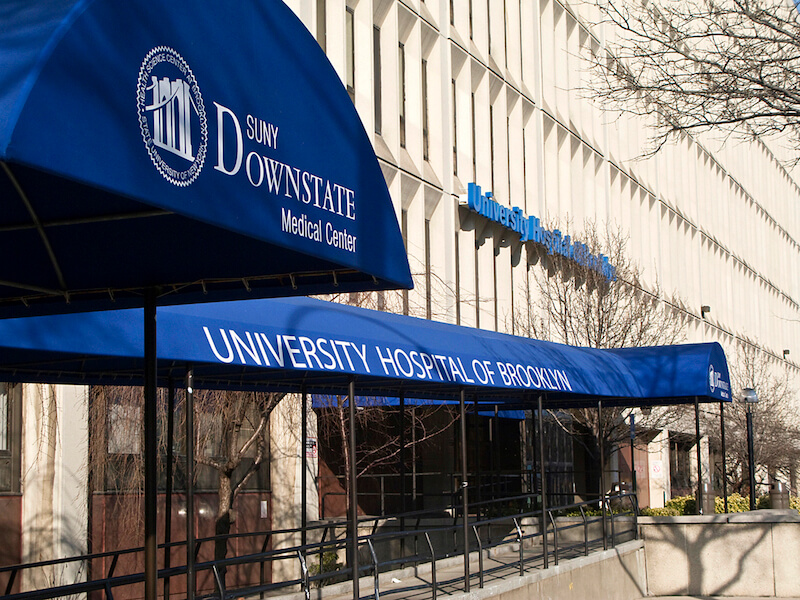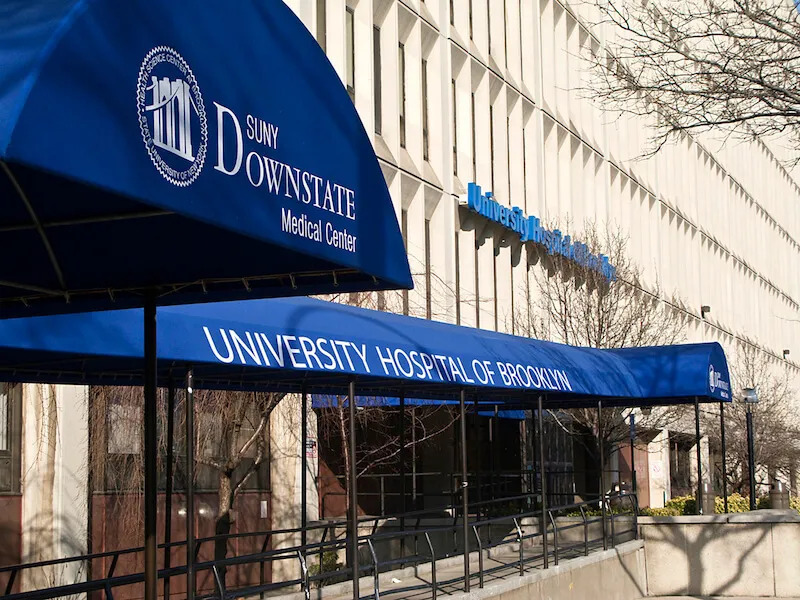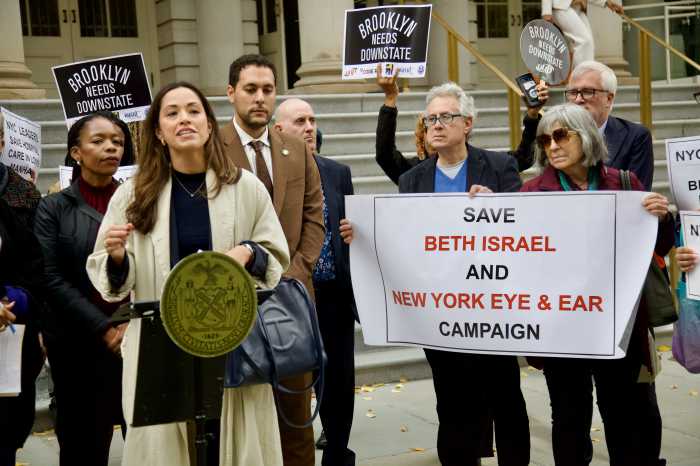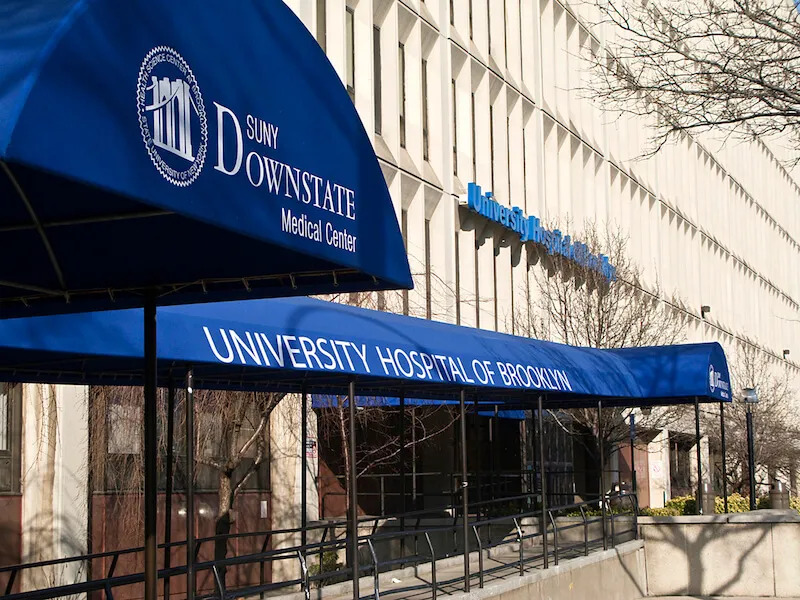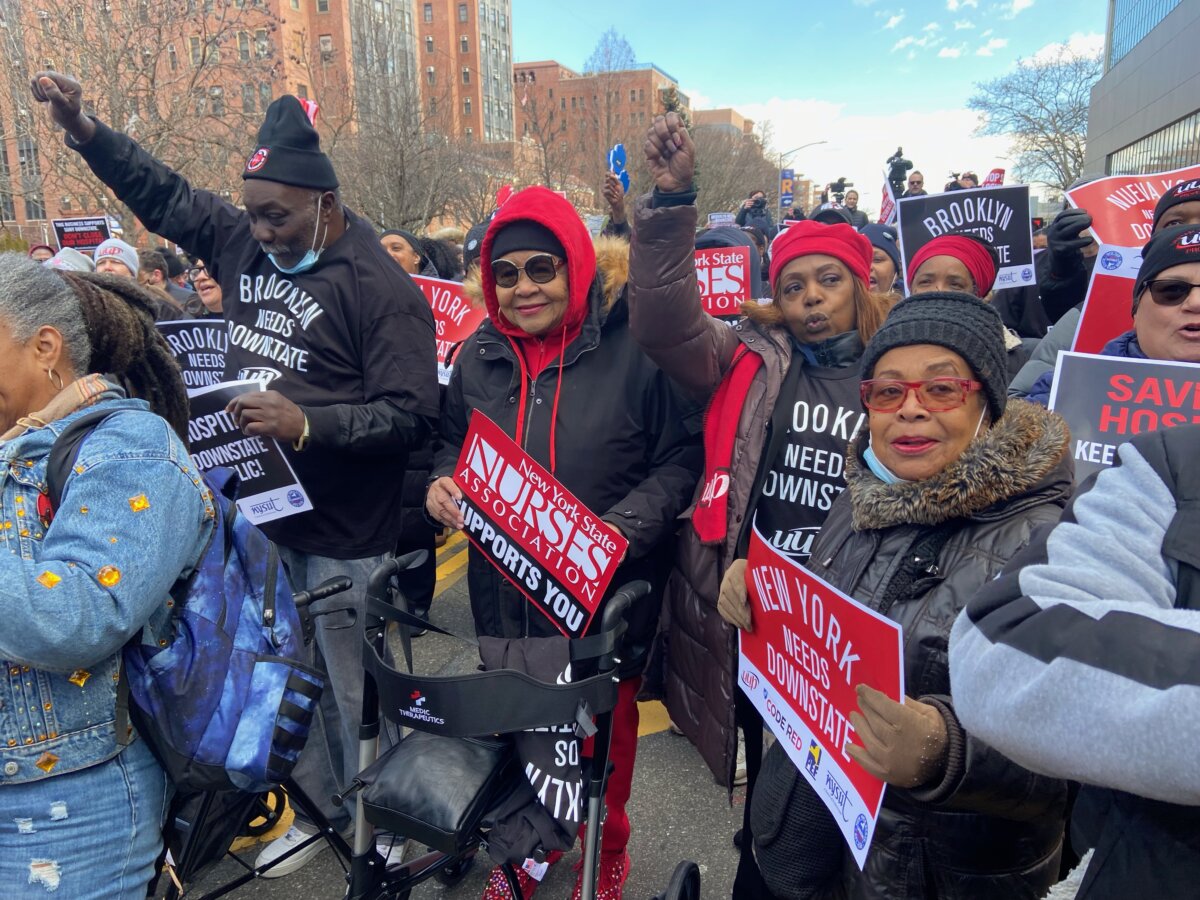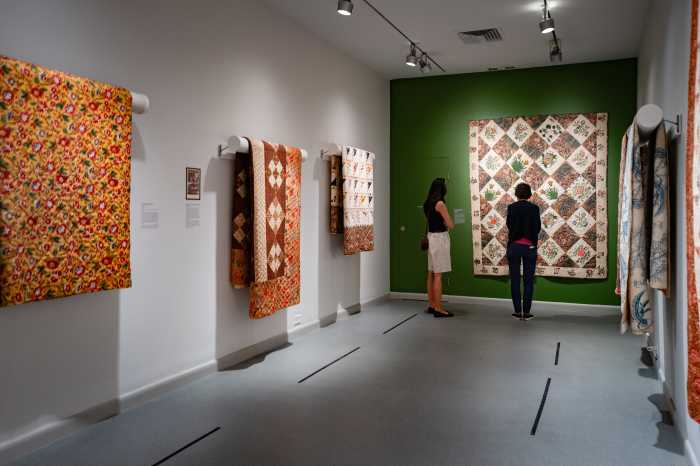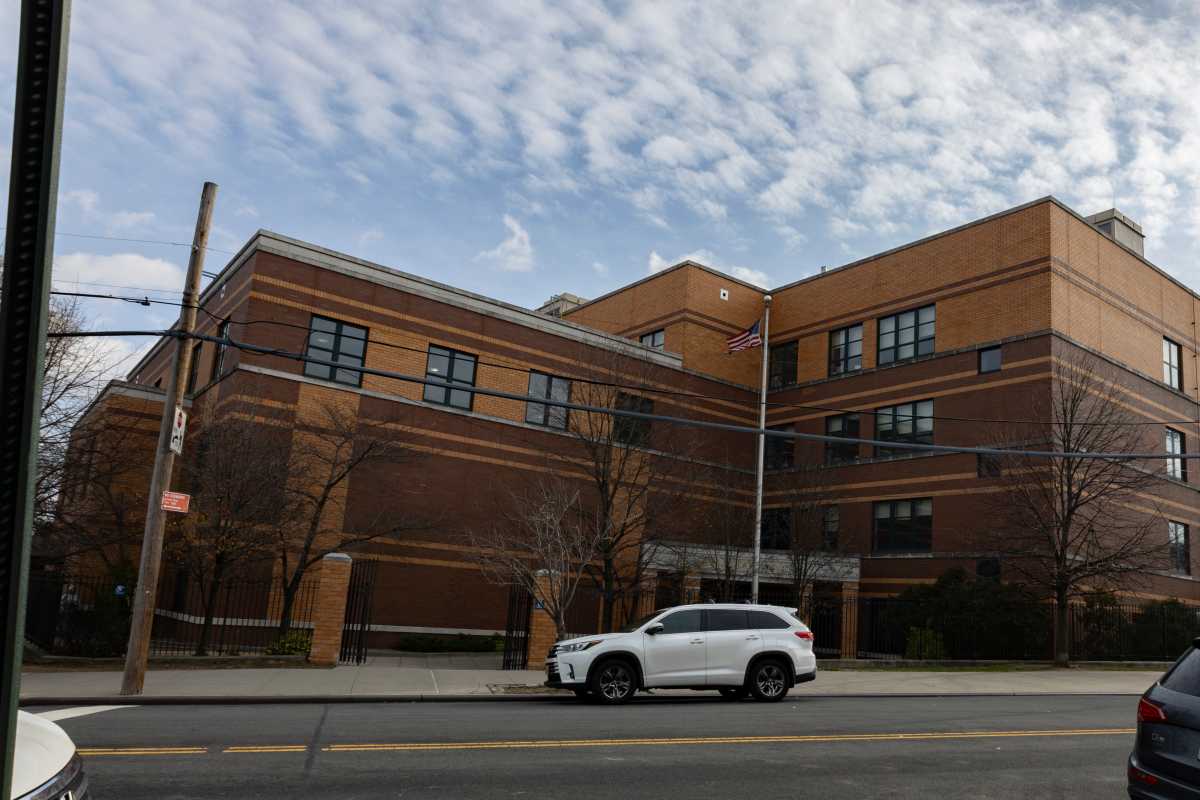A year and a half ago, SUNY Downstate’s future was deeply uncertain. Its hospital was in physical disrepair, facing a $100 million annual deficit, and projected to run out of cash to continue to operate by the summer of 2024. For an institution so important to the community—and where most patients are low-income and people of color—the stakes couldn’t have been higher.
Today, thanks to a historic $1 billion-plus investment secured by Governor Kathy Hochul and the dedicated efforts of the Downstate Community Advisory Board, we have a path forward: A bold, community-driven proposal that will deliver a modern, state-of-the-art hospital and ensure continued access to quality, affordable healthcare in Central Brooklyn for generations to come.
First and foremost, the plan ensures that Downstate will retain all of its existing inpatient and outpatient services. Every aspect of care, from the emergency department to patient rooms, will be upgraded. The ER will be modernized and expanded, increasing capacity to serve patients in urgent need. Patient rooms will be completely redone, with double-occupancy rooms converted into single-occupancy to promote dignity, reduce infection risks, and improve health outcomes. In a borough where cancer and heart disease are leading causes of death, a new ambulatory surgery center will also expand Downstate’s ability to deliver life-saving oncology and cardiology care.
Overall, these changes will result in an expanded range of services, more accessible care for the community, and an increase in the number of patients we care for every day.
Beyond the clinical upgrades, the plan calls for vital physical improvements to the building. This includes critical infrastructure investments like upgrading the electrical, mechanical, and plumbing systems to bring the building – which as recently as last week experienced flooding – into good repair and ensure patient and staff safety.
The advisory board believes that these investments will together yield higher patient volume, including new commercial payors. However, to achieve these goals, the advisory board also made clear that Downstate must simultaneously and dramatically intensify its efforts to advance efficiency in order to reduce unsustainable annual deficits. This includes improvements to leadership and operations, as well as the adoption of a new electronic health records system which can improve billing, productivity, and – most importantly – patient outcomes.
As New York and the nation face deep health inequities, Downstate Hospital and the Downstate Health Sciences University are more essential than ever. The hospital’s patient population is disproportionately impacted by systemic gaps in care, from maternal mortality to chronic conditions that go untreated. But these challenges also draw some of the world’s most dedicated, community-oriented medical professionals and prospective professionals to its halls. During my visits to Downstate, I’ve heard concerns about the aging infrastructure, but I’ve also seen firsthand the determination and talent of the doctors, nurses, and staff. Every conversation leaves me more hopeful and deepens my belief in the importance of this inspirational plan.
This new vision for Downstate is the result of unprecedented community collaboration. The Downstate Community Advisory Board has led months of inclusive conversations, engaging faith leaders, patients, healthcare professionals, elected officials, and other key voices. Their input shaped a plan that centers the needs of Brooklynites and reflects the community’s commitment to building a healthier future.
And of course, none of this would be possible without Governor Hochul’s leadership. At a time when many potentially devastating cuts to healthcare dominate the national discourse, New York is taking a different path. We’re choosing to invest in healthcare, in infrastructure, and in the people who make care possible. Saving Downstate is a powerful example of that commitment.
What was once a symbol of strain and uncertainty is now poised to become a model for inclusive, community-centered care. With the support of state leadership and the voices of Brooklyn behind it, SUNY Downstate is building something extraordinary for today’s patients and for the generations of New Yorkers who will rely on it in the future.
Dr. John B. King Jr. is the Chancellor of the State University of New York (SUNY).



